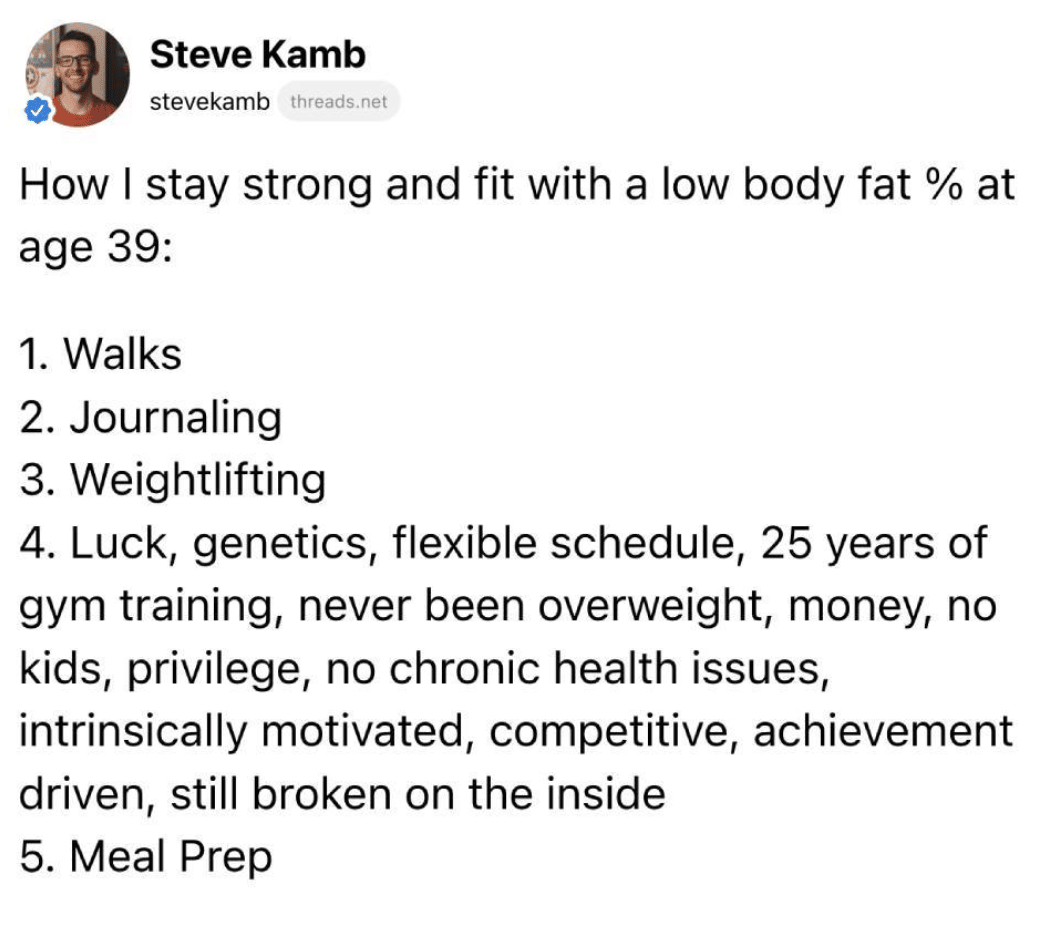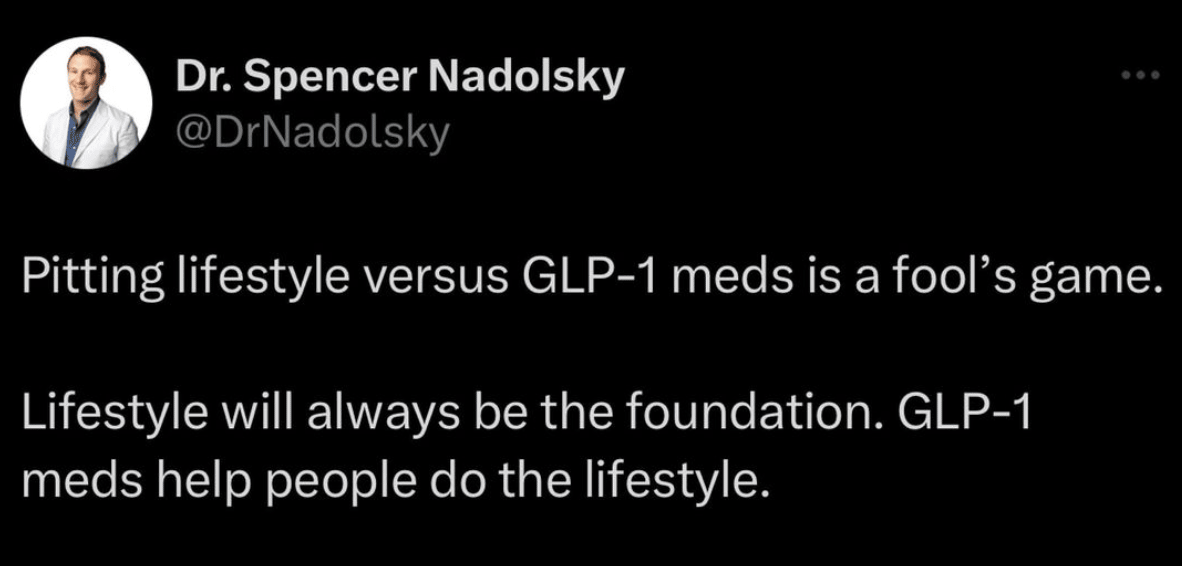I spent the past week in The Land of Shadow.
It was miserable.
I loved almost every minute of it.
I recently finished playing Shadow of the Erd Tree, the expansion for 2022’s game of the year, Elden Ring.
In case you’re unfamiliar, Elden Ring is an action-adventure game where you play as an undead warrior tasked with slaying grotesque bosses across a hauntingly beautiful landscape.

Fair warning: I will be making QUITE the analogy between two toxic online discussions I’m seeing these days. Don’t worry, I promise to bring you along for the ride even if you’re not a gamer.
Let me first set the stage, and then we’ll get into the details.
Elden Ring is Incredible and Incredibly Difficult
Most modern big-budget games hold the gamer’s hand, providing a tutorial and guardrails, making sure gamers never feel overly frustrated or confused.
Hidetaka Miyazaki and the team at FromSoftware, the team behind Elden Ring, go hard in the other direction:
They essentially drop you in the middle of a terrifying world full of enemies that can kill you in two hits and essentially say, “Good luck, idiot.”
This has been true for all of FromSoft games: Demon’s Souls, Dark Souls, Bloodborne, and Sekiro.
In the book, Dark Souls: Beyond the Grave, Miyazaki’s game design philosophy is explained in glorious detail, like in this discussion with Game Informer:
“Having the game be difficult was never the goal. What we set out to do was strictly to provide a sense of accomplishment. We understood that difficulty is just one way to offer an intense sense of accomplishment through forming strategies, overcoming obstacles, and discovering new things.”
Years later, he further refined his philosophy when speaking with Playstation Blog about his next game, Dark Souls:
“We are trying to create a game that is spicy. And we want to make it as spicy as possible. But it’s edible and tastes good and leaves you wanting more.”
So, yes, difficulty and dying repeatedly are part of the FromSoftware experience.
But!
These games also have certain built-in systems that help less-experienced or skilled players. Players can find certain weapons that are overpowered, enlist the help of computer-controlled allies, and even recruit other human players to help.
This allows all gamers of all levels to play the same game while experiencing completely different levels of challenges.
- Some gamers will use every system available to win.
- Other games will voluntarily choose to NOT summon any help.
- Other gamers will specifically choose to not level up at ALL to make it extra difficult.
The fact that all of this works in a game with one difficulty level is brilliant game design.
Still with me?
Good.
Now that we know Elden Ring is difficult, but also includes different systems for players of all skill levels to win, we can get to the current toxic discussion around Elden Ring and difficulty!
There’s No “Right Way” to Play Elden Ring
Find any article about the difficulty of Elden Ring (and Shadow of the Erd Tree) and you’ll find comments that say you’re not a “true gamer” unless you beat every Elden Ring boss without recruiting any help.
These gamers feel morally superior for beating a game without using its built-in systems, and they will not allow for any discussions like “Is it possible this boss is poorly designed?”
According to them, the only possible response is, “I beat the game without help. Just get better.”
Personally, I think Shadow of the Erd Tree has some of the best exploration I’ve ever experienced in any video game. And also, some of its bosses are difficult in a way that’s neither interesting nor well-designed.
I’m a fan (and proud Patreon supporter) of the podcast Bonfireside Chat, which had a great discussion around why Elden Ring’s “Just get good” argument is tiring.
They point out that many people simply decide there’s no room or need to discuss Miyazaki’s decisions and the game’s difficulty. Those people explain that because they’ve beaten the boss without a challenge, everybody else should suck it up and get good.
Replying to this perspective, Gary and Kole share an opinion that is full of a wonderful thing called nuance:
They possess the ability to hold two different thoughts simultaneously. They rightfully point out that a game can be brilliant and some parts might be unnecessarily difficult or poorly designed.
The point: if we’re ever going to evolve past this noise and have good discussions around gaming, we also need to bring nuance and understanding to the table!
Bringing all of this together, here are my summarized thoughts on “Elden Ring is/isn’t too difficult” debate:
- Shadow of the Erd Tree is sometimes too difficult for the wrong reasons.
- Systems exist to help players of all levels still advance.
- There’s no right way or wrong way to play Elden Ring.
Great! Now that we’re all on the same page, it’s time to tackle the other toxic discussion taking place on the internet right now…
I promise these two things are related, so bear with me.
There’s No “Right Way” to Lose Weight Either
For a large majority of the population, losing weight is unbelievably difficult or impossible.
A combination of environment, physiology, and genetics creates a situation in which sustainable weight loss just isn’t going to happen.
This isn’t a question of willpower, discipline, or intelligence. It’s not because these people are lazy. It’s not a moral failing either.
The problem, as I laid out in “Of course you don’t like to exercise,” is that we’re creatures built to survive in scarcity, not thrive in abundance.
As a result, sustainable weight loss is something nearly everybody struggles with despite their best efforts.
And this is where we combine the Nerd discussion with the Fitness discussion:
Elden Ring has multiple in-game systems to help people of all skill levels win…
So does losing weight!
Over the past few years, dramatic breakthroughs in weight loss medications (like Ozempic and other GLP-1 medicines) have helped millions of people lose weight and keep it off.
This development has thrust the discussion of weight loss, difficulty, and willpower into the spotlight. And because the internet doesn’t do nuance well, the discussion has turned toxic.
Find any post or article about weight loss medications and you’ll find comments like:
- “That’s cheating and lazy.”
- “Just eat less and move more.”
- “It’s not that hard. I did it.”
People who make these comments enjoy the feeling of moral superiority for losing weight “the right way.” They look down upon anybody who doesn’t also lose weight without medication or assistance.
This is the same playbook that vocal gamers are using for Elden Ring and difficulty!
This viewpoint is toxic, lazy, misinformed, and unhelpful.
Just like there’s no shame in the way somebody chooses to play Elden Ring, there’s no shame in how somebody loses weight either.
That’s between them and their doctor. Full stop.
As I explained in my essay on “5 fitness beliefs I no longer believe”:
Instead of asking, “Why don’t people just get more disciplined and eat less instead of ‘cheating’ with weight loss drugs?”…
The better question is, “Which tools are available to help each individual person get healthier?”
For many, it’s education around calories and making slightly healthier choices. For some, it’s weight loss medicine and therapy. For others, it’s all of the above.
We’re most interested in the end result (a healthy, happy life), and we’re open to the infinite paths to get there.
If we accept that we’re not designed for modern life and abundance, we’re all wired differently, we all have different physiologies and opportunities and privileges, then we can also accept we’re all playing the Game of Life in our own way.
It requires us to apply both self-awareness and nuance.
Recently, I had a viral post that explained how I maintain my physique at 39 years old:

I got to play “fitness” on easy mode, and I am well aware that other people don’t have that same luck or privilege.
So I have no problem with anybody else using any tool available to them on their journey. That might include therapy, surgery, hiring a trainer or dietitian, or weight loss medication.
My friend Dr. Spencer Nadolsky, a board-certified physician and one of the kindest, most considerate, and well-read doctors I know, has worked extensively with patients who use or don’t use GLP-1 medications.
He shares some desperately needed experience:

His caption provides even more clarity:
“The reason why many aren’t able to sustain [weight loss] over time is due to biological appetite drivers that push people to regain any weight lost.
So does everyone need the medicine? No, of course not. Not everyone has strong biological drivers. About 15% of people who do an intensive lifestyle program will have similar success to the average that these medicines get over the course of a year or so. Likely a lot less as time goes on.
So not everyone will need the medicine.
However, why would you be against a tool that helps people decrease their risk of disease progression and even decrease the risk of heart attacks etc?”
If you tell people they’re cheating by using weight loss medication, it says more about you than it says about the person you’re criticizing.
Here at Nerd Fitness, we have many coaching clients on GLP-1s, all of whom are also doing the work of exercising and learning about nutrition and adjusting their lifestyle. The medication allows them the mental space and clarity to stick with their lifestyle changes.
Yes, there could be medication side-effects for some. Yes, exercise and behavior change are also still necessary. All of that can be true AND weight loss medication can still be the best decision for that person.
Keep this in mind when seeing discussions on the internet about the right way to do anything. We’re all trying to live the best life we can before the “Game Over” screen. So, here’s your permission to use whatever tools you have available:
- If you want to play Elden Ring and recruit help, great!
- If you want to play Elden Ring using a Guitar Hero controller, swell!
- If you need to use a tool like GLP-1 to manage your weight, neato!
- If you’ve lost weight without a tool like GLP-1, fantastic!
Everybody should have the ability to play the Game of Life how they want.
Cool? Cool.
-Steve
The post Weight Loss Medication and Video Games first appeared on Nerd Fitness.
from Nerd Fitness https://ift.tt/xpHL4cl